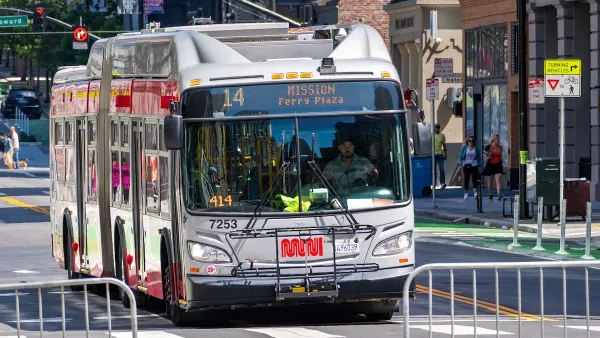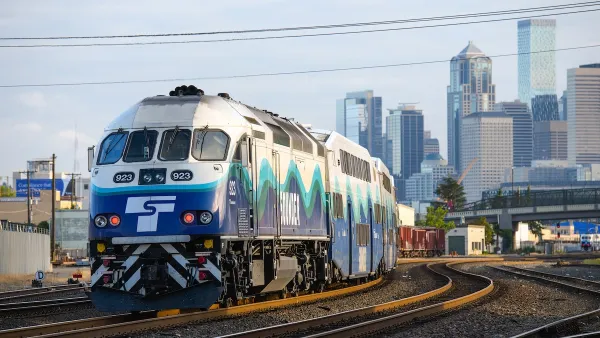The nation's mayors are warning that looming budget cuts and tax hikes mandated by the federal sequestration process represent “perhaps the biggest threat to our metro economies.” More than 100,000 families may be forced out of their homes.

Alex Rogers delivers the pleas of the nation's mayors, who met last week with Vice President Joe Biden and Congressional leaders to explain the disastrous short and long term impacts that looming federal budget cuts could have on America's cities if Congress cannot reach a deal to stave them off. Due to the economic impact that cities provide the entire country - they provide 86 percent of the nation's jobs and account for 90 percent of its GDP - those impacts would touch every corner of the United States.
"R.T. Rybak, the Democratic mayor of Minneapolis, says Congress doesn’t recognize the local impact of sequestration. In Minneapolis, the process will result in cuts to crucial social programs like domestic-abuse prevention and immunizations for children, Rybak says — which, in turn, will lead to higher costs for police and hospitals."
Most pressing, however, may be the impact of cuts to HUD programs. According to Bruce Katz, the director of the Metropolitan Policy Program at the Brookings Institution, "the most immediate priority will be navigating a looming $325 million cut to the Department of Housing and Urban Development’s public-housing fund. The National Low Income Housing Coalition reports that more than 140,000 families, including those that are elderly and disabled, would have difficulty maintaining their homes after the sequester."
FULL STORY: As Fiscal Cliff Approaches, Mayors Warn of the Toll on Cities

Maui's Vacation Rental Debate Turns Ugly
Verbal attacks, misinformation campaigns and fistfights plague a high-stakes debate to convert thousands of vacation rentals into long-term housing.

Planetizen Federal Action Tracker
A weekly monitor of how Trump’s orders and actions are impacting planners and planning in America.

In Urban Planning, AI Prompting Could be the New Design Thinking
Creativity has long been key to great urban design. What if we see AI as our new creative partner?

King County Supportive Housing Program Offers Hope for Unhoused Residents
The county is taking a ‘Housing First’ approach that prioritizes getting people into housing, then offering wraparound supportive services.

Researchers Use AI to Get Clearer Picture of US Housing
Analysts are using artificial intelligence to supercharge their research by allowing them to comb through data faster. Though these AI tools can be error prone, they save time and housing researchers are optimistic about the future.

Making Shared Micromobility More Inclusive
Cities and shared mobility system operators can do more to include people with disabilities in planning and operations, per a new report.
Urban Design for Planners 1: Software Tools
This six-course series explores essential urban design concepts using open source software and equips planners with the tools they need to participate fully in the urban design process.
Planning for Universal Design
Learn the tools for implementing Universal Design in planning regulations.
planning NEXT
Appalachian Highlands Housing Partners
Mpact (founded as Rail~Volution)
City of Camden Redevelopment Agency
City of Astoria
City of Portland
City of Laramie





























